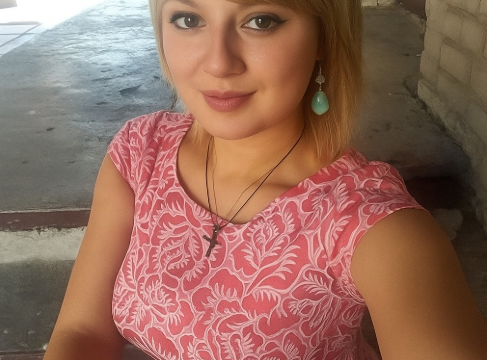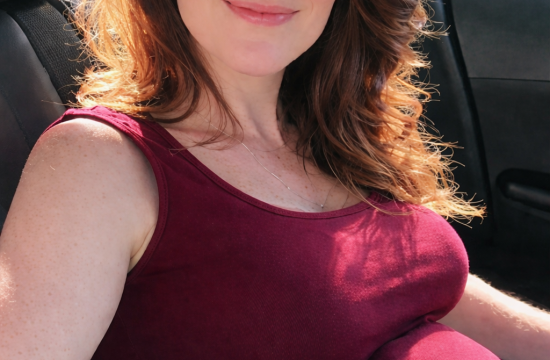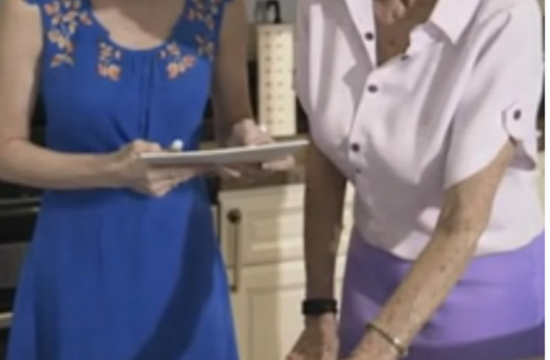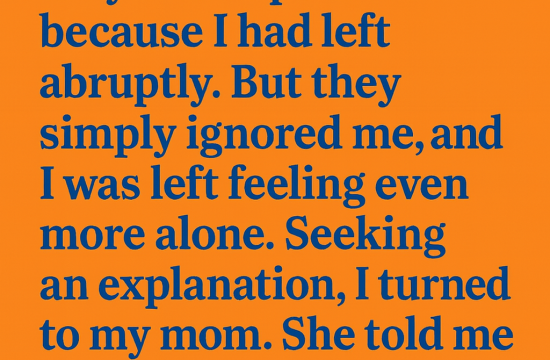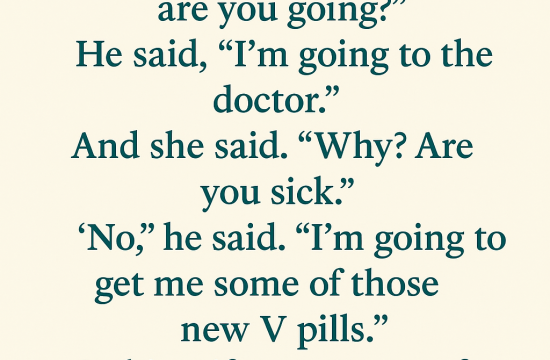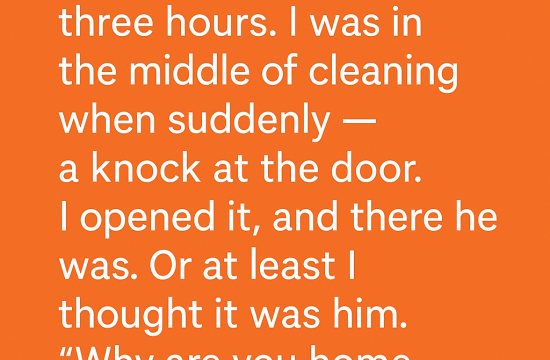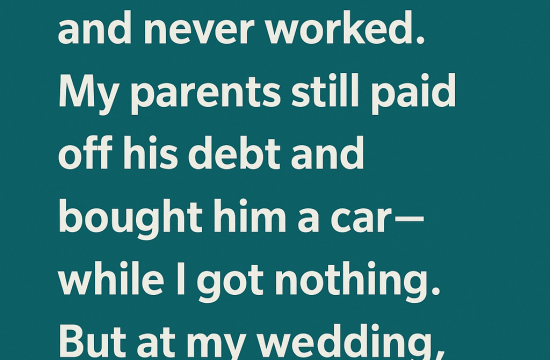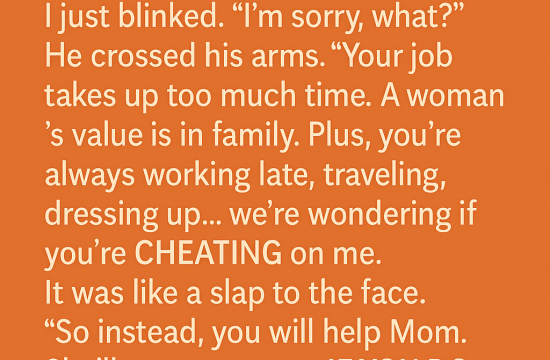At 18, my mom told me I had to start paying rent. It was tough, but I did it—every single month—until I moved out. I thought it was normal, even responsible. A rite of passage.
Fast-forward to today: Mom is struggling financially and asked to move in with me. I agreed immediately. She was my mother—of course she could stay.
But then my younger brother, Desmond, dropped a truth that hit like a punch to the ribs.
“Mom never charged me rent,” he said. “Even when I turned 25.”
I stared at him, stunned. I’d spent years juggling school and two part-time jobs, eating instant noodles and skipping textbooks just to fill that envelope each month. I assumed Mom was teaching me responsibility. That the rules applied to everyone.
But now it felt like I’d been singled out.
That night, I lay awake, replaying everything—those nights I cried quietly so Mom wouldn’t hear, the times I lied to friends about why I couldn’t go out, the humiliation of not being able to afford winter boots. Maybe she had struggled more back then. Maybe she believed Desmond needed extra help.
But why didn’t she tell me?
The next morning, I called Desmond again.
When I asked him about the rent, he hesitated. “I thought you knew,” he said quietly. “Mom always said you were the strong one. That I needed time.”
His words didn’t comfort me. They hurt. They reminded me of the sacrifices that shaped my entire early adulthood.
That weekend, I invited Mom over for lunch. Warm pasta on the table. Soft sunlight through the window. A quiet heaviness in the air.
“Mom,” I began, “why did you make me pay rent but not Desmond?”
Her eyes flickered downward.
“I always knew you’d make it,” she said softly. “You were determined. Desmond… he needed more time. I thought if I nudged you, you’d thrive. And you did.”
Her voice trembled, but inside me something twisted.
“Do you know how lonely that felt?” I whispered. “How much it hurt thinking I was being punished?”
Tears welled up in her eyes. “I truly didn’t know. I thought I was helping in the only way I knew.”
“Did you help him with more than rent?”
A pause. Then a confession.
“I took out a small loan for a car,” she said. “I thought he needed a fresh start.”
A car.
A car—while I walked to bus stops in the rain, clutching damp notebooks and overdue bills.
I stepped outside, breathing in the cool air like medicine. I wasn’t just hurt. I was mourning the child I had been—the one who needed support but was told to toughen up.
But then memories surfaced: Mom working two jobs, packing my lunches, rubbing my sore back after double shifts. Her hands cracked from cleaning chemicals. Her voice hoarse from late-night shifts at the diner.
Maybe she hadn’t been perfect. But she had been trying.
When I walked back inside, she was silently washing dishes, shoulders hunched. My anger softened.
“You can stay with me,” I said. “But we have to be honest. No more secrets.”
She nodded, tears dripping into the sink.
Over the next few weeks, she settled into the guest room. We made new routines—shared groceries, shared chores, shared late-night conversations. I didn’t charge her rent. I couldn’t bring myself to.
But resentment lingered like a half-healed bruise.
Every time I saw Desmond’s social media—cocktail nights, vacations, carefree living—I felt that flare of injustice again.
Then one evening, he showed up at my door.
“I owe you,” he said, eyes downcast. “Mom shielded me from everything. I know that now.”
He handed me an envelope: a $5,000 check. I almost dropped it.
“I know it doesn’t fix the past,” he continued. “But I want to help Mom too. She’s with you because I didn’t step up. I’m sorry.”
For the first time, we had a real conversation—about jealousy, resentment, unfairness, and the weight of expectations. He admitted he always felt overshadowed by me, and Mom coddled him to protect him from feeling like a failure.
But in doing so, she drove a wedge between us.
Over the following weeks, Desmond visited more. We repaired things, slowly. He fixed loose hinges around the house. He stayed for dinner. He finally asked Mom about her doctor appointments. For the first time in years, our family felt… functional.
Then came the promotion.
It meant moving states.
I didn’t know how to tell Mom. But when I did, she squeezed my hand and said, “You’ve spent your whole life putting others first. It’s time you put you first.”
And then Desmond stepped up.
“Let her move in with me,” he offered. “I want to do my part now.”
It shocked me how sincere he was.
With both their blessings, I accepted the job.
The night before I left, we had a small farewell dinner. Laughter. Tears. A feeling of something finally mending.
In my new city, life blossomed. I explored new places. I made friends. I felt lighter than I had in years.
Mom called often at first, then less as she settled into Desmond’s home. He found stable work. They started sharing rent. He even added her name to the lease.
Months later, they visited me. We went to a festival, ate funnel cakes, listened to live music. That night, Mom hugged me tightly.
“I know I made mistakes,” she said. “But you turned out wonderful anyway.”
Something inside me finally unclenched.
Healing doesn’t erase the past—it releases its grip.
The biggest surprise came when Desmond suggested buying a small cabin together. A place where we could meet as a family. A neutral ground. A new beginning.
And we did it.
Our first Christmas there was like something out of a childhood I never had—snowball fights, shared meals, warmth in the air that wasn’t just from the fireplace.
Life isn’t always fair. It’s uneven and complicated and messy. But sometimes the very people who hurt us can also help heal us—if we all choose honesty, accountability, and love.
No matter how fractured a family feels…
If there is love, there is always a path back.


